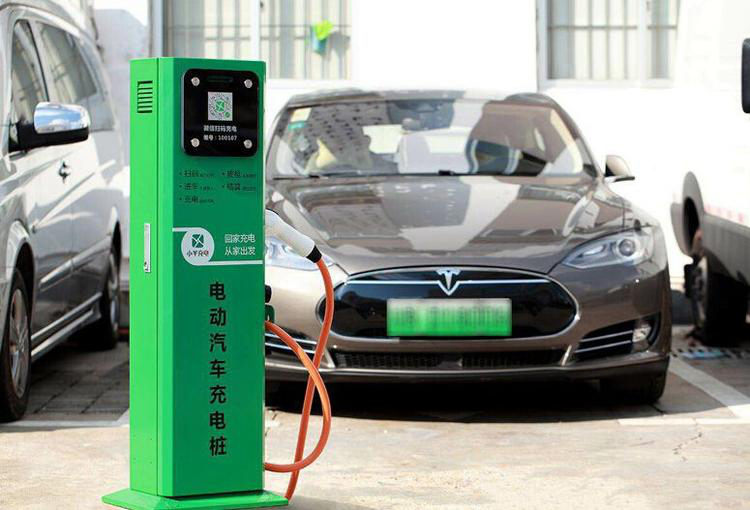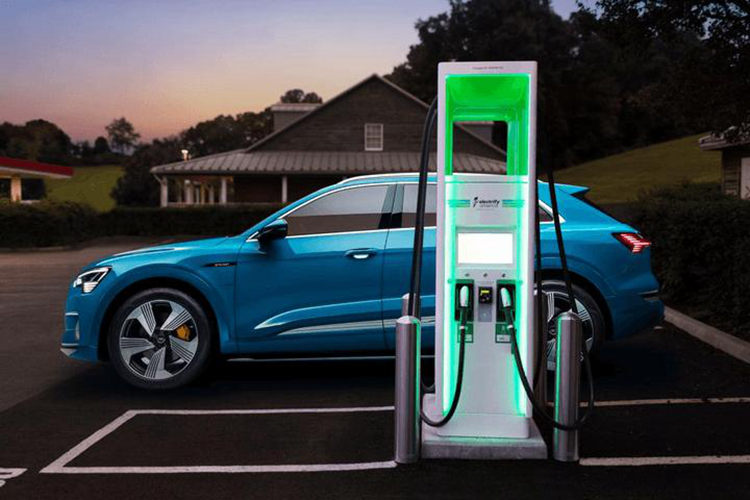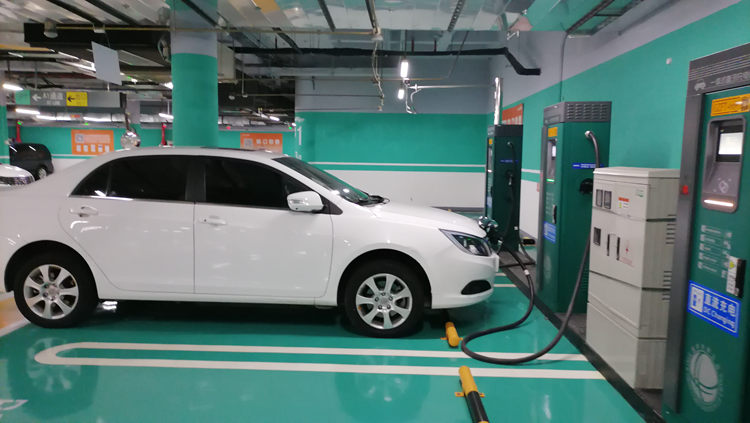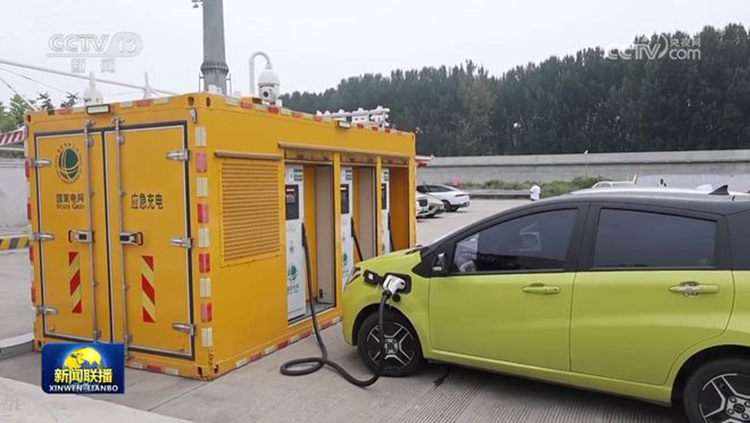China's extension of electric vehicle purchase tax exemptions should promote steady growth in the industry. Subsidies continue to cover plug-in hybrid vehicles, reinforcing Fitch Ratings' view that plug-in hybrid vehicles will be a key catalyst in China's transition to electric vehicles. The latest subsidy policy also highlights the government's increasing efforts to revive domestic car sales, which have slowed down.

Fitch believes that the extension of the electric vehicle purchase tax reduction policy until the end of 2025 is in line with market expectations. Purchase tax will be halved between 2026 and 2027, before returning to normal levels. Previously, the subsidy policy had been extended for one year and was originally scheduled to expire at the end of 2023. In addition, policy fine-tuning may affect the development trend of China's electric vehicle industry.

Fitch expects that sales of plug-in hybrid vehicles (including extended-range vehicles) are expected to continue to grow rapidly. According to the updated policy, such electric vehicles will continue to enjoy the same tax exemptions as pure electric vehicles. Since drivers will not be troubled by range anxiety or charging inconvenience, plug-in hybrid vehicles are an electric model choice that is closer to traditional fuel vehicles and are generally considered to be a transitional product before the market fully shifts to pure electric vehicles. In the first five months of 2023, the share of plug-in hybrid vehicles in the national electric vehicle market has risen from 17% in 2021 to 28% currently. Among them, BYD occupies a dominant position in the market, with a market share of more than 60%.

However, competition in the plug-in hybrid vehicle market has intensified. Fitch expects that the extension of the purchase tax reduction policy will attract more automakers to enter the market. Compared with pure electric vehicles, it is easier for traditional car companies to gain a place in the competition in the plug-in hybrid vehicle market. Great Wall Motor, Geely and Changan Automobile have all launched competitively priced plug-in hybrid vehicles this year. The joint venture brand once had a more significant share in the plug-in hybrid market. However, given that its multinational parent company focuses on the development of pure electric vehicles and the pricing of its plug-in hybrid vehicles is not attractive enough, the development of plug-in hybrid vehicles of the joint venture brand has slowed down.
High-end electric vehicles will still enjoy the purchase tax exemption policy, but the tax exemption limit for each vehicle will be capped at 30,000 yuan from 2024 to 2025. This cap will affect cars priced above 339,000 yuan. On the one hand, this policy may reduce the concerns of local car companies in upgrading to high-end electric vehicle brands - most car companies have not foreseen that the purchase tax reduction policy for high-end models will continue; on the other hand, it should encourage established luxury brand car companies accelerate electrification. The upper limit of tax exemptions will be reduced to 15,000 yuan from 2026 to 2027, when more electric vehicle models will be subject to purchase tax.

The latest policy excludes the price of power batteries from the purchase tax calculation price of electric vehicles sold in battery swap mode for the first time. Fitch expects this will benefit high-end pure electric vehicle brands with battery swap capabilities and encourage more car companies to adopt the battery swap model.

Fitch expects that the extension of the subsidy policy will have little impact on China's electric vehicle sales in 2023 - Fitch still predicts that electric vehicle deliveries will grow by more than 30% during the year and the electric vehicle market penetration will reach 35%. However, the extension of the subsidy policy may mean that front-end car purchase demand will weaken in the fourth quarter of 2023, and consumers will not rush to buy cars before the tax exemption policy expires. However, the aggressive pricing strategies of car companies this year may stimulate stronger growth in electric vehicle sales, thus offsetting the aforementioned impact. Clearer long-term tax incentives will provide a buffer for the profitability of electric vehicles after 2023, allowing car companies to maintain their "price-for-volume" competitive strategy in the next one to two years.

